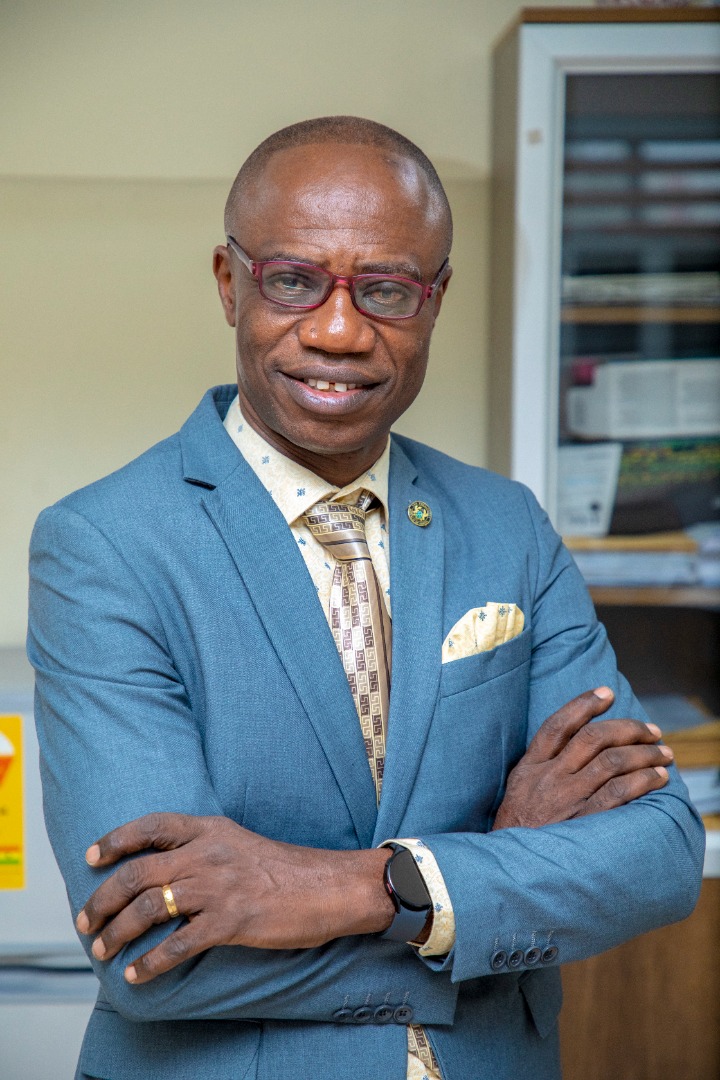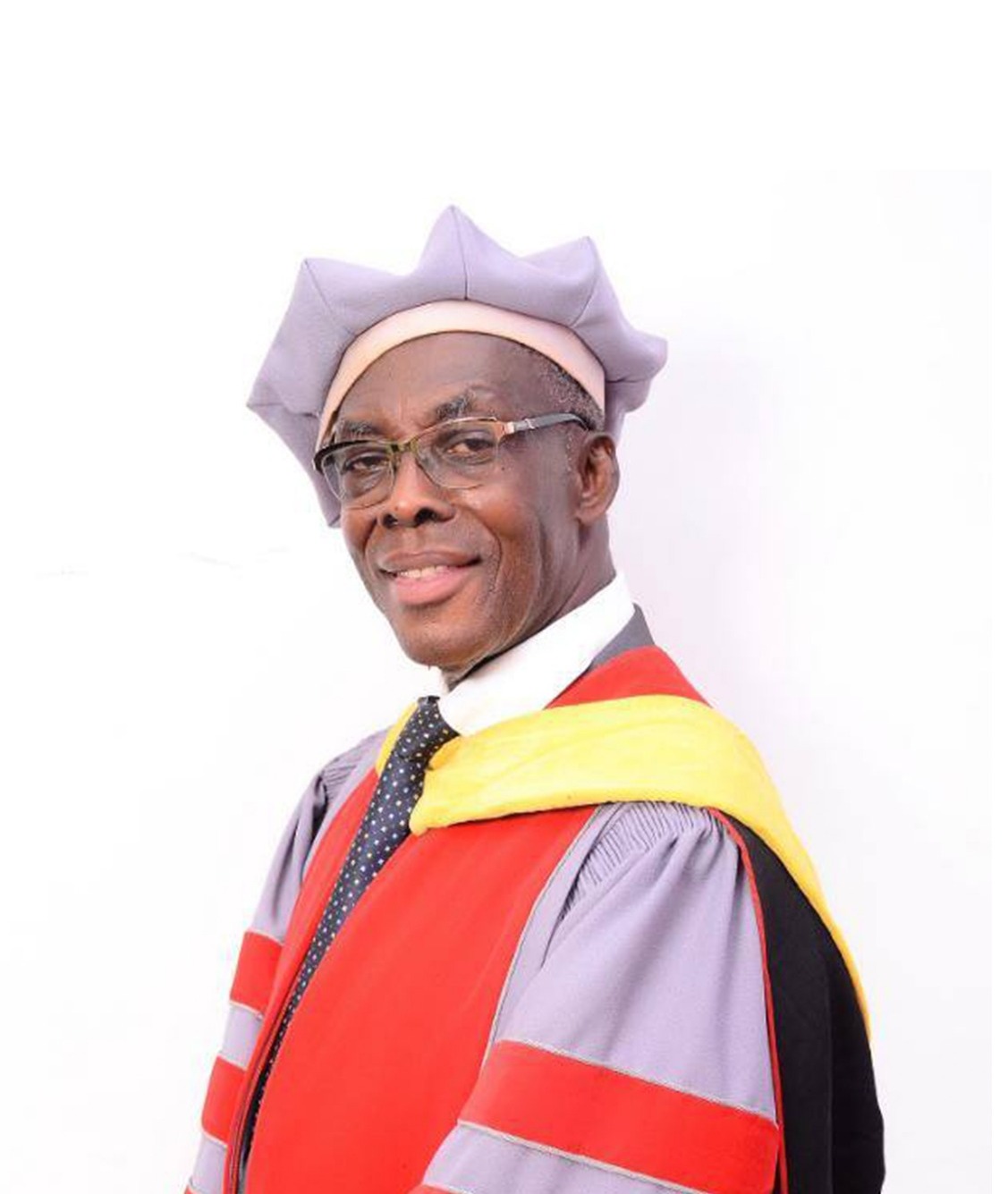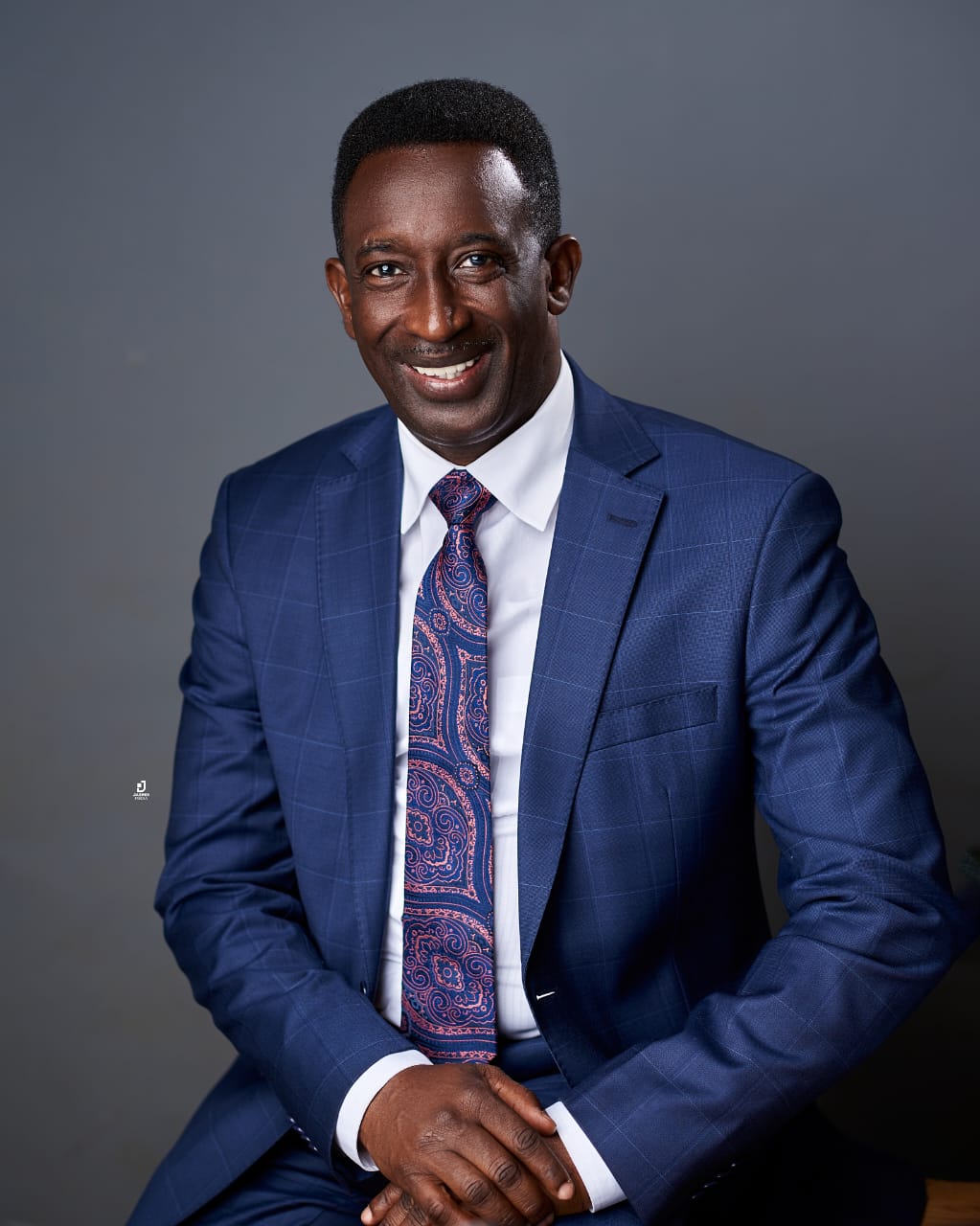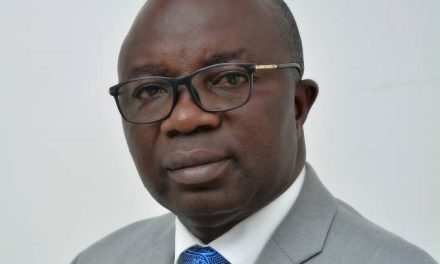
NACCA Boss Commends CAUC For Working With Modern Curriculum.3 min read

Professor Edward Appiah, Director of the National Council For Curriculum and Assessment (NACCA).
Professor Edward Appiah, the Director of the National Council For Curriculum and Assessment (NACCA) at the Ministry of Education has commended the Christ Apostolic University College (CAUC) for having a forward looking curriculum for teaching and learning.
Speaking at the 8th Graduation ceremony of the Christ-centered private tertiary outfit as guest speaker in Kumasi, the NACCA boss said, ”CAUC’s curriculum follows the best in the world where courses offered are tailored towards the job market of the country”.
He noted that the purpose of acquiring knowledge and the best education is to make the person relevant to the society through the skill the person can deploy to solve a problem or a challenge in later life.
‘’As the Education Ministry strives to fine tune the curriculum from basic school to tertiary levels it is important that schools especially universities by themselves shift to focus on courses and programs that would make their graduates either employable on the job market or become entrepreneurs who can create jobs with the skills they have attained from the school they attended’’, the NACCA boss stressed.
President of CAUC:
Speaking on the graduation theme which was ‘’Revamping the Educational System to Address Unemployment and Accelerated Economic Development’’, the President of CAUC, Professor Clement Somuah said one of the biggest challenges facing the country was graduate unemployment.

Professor Clement Somuah, President of Christ Apostolic University College (CAUC).
He noted that 100, 000 students graduate from the universities each year but less than 20% are able to find employment in the formal sector.
The President said the rest who may not get opportunities must start some business of their own or join the unemployed graduates.
‘’To curtail this unfortunate narration, CAUC endeavors to provide its students with training and courses in management, accounting and entrepreneurship so as to prepare them to go into business for themselves when they complete school’’, the President stated.
Details:
To accelerate the industrial development agenda of Ghana, President Somuah said measures should be taken to address poverty, unemployment and low standard of living.
This, he posited, would require a comprehensive approach that considers all aspects of the problem including the use of science and technology which is vital for the industrial development of this nation.
Professor Somuah said investing in science and technology education was therefore an investment in the future of a nation’s industries and overall socio-economic growth.
The President disclosed that a total of 262 students made up of 150 in the Bachelor’s degree, 77 from the Diploma category, and 35 certificate earners were graduating.
He also noted that out of this number, 24 had first class honors, 84 grabbed second class upper honors, 70 had second class lower honors with 23 finishing with third class honors while 52 had just a pass.
Chancellor:
Addressing the congregation later, the Chancellor of CAUC and Chairman of Christ Apostolic Church International, Apostle Samuel Amponsah Frimpong ESQ said CAUC was established to provide quality tertiary education to church members in particular and the public in general.

Apostle Samuel Amponsah Frimpong, Chancellor of CAUC and Chairman of Christ Apostolic Church International (CACI).
He noted that in spite of the many challenges that bedeviled her in her inception, the university has continued to fulfill her responsibilities.
To tackle the challenges the Chancellor proposed the urgent improvement of the school’s infrastructure, steps for increased enrollment, efficient means of payment of school fees, pragmatic measures in making the school more academically competitive as well as the offering of courses that hold relevance to contemporary Ghanaian society.
‘’It is necessary that the management of the university adopts measures to become financially less dependent on the church and work to get charter status within a stipulated time and I call on all stakeholders to make the necessary sacrifices to ensure we do not fail in this direction.
Story By Michael Ofosu-Afriyie, Kumasi.


















